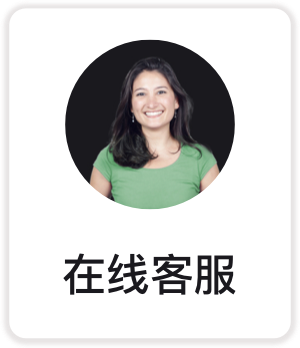我们能帮你什么吗?
故事的主题和目的有什么区别?
在故事结构的课程中,我们没有涉及到主题的概念。
但是你或许常常在一些短片创作大赛中听到“请围绕xx为主题创作1部3分钟的短片”类似的表述。在这种情况下,主题和种类是一样的,爱情为主题,战争为主题,复仇为主题,这是比较通俗的理解。
如果是学术一点的理解,还是回到亚里士多德的诗学,在戏剧六要素中,提及了:
-
Plot: This is what happens in the play. Plot refers to the action; the basic storyline of the play.
-
Theme: While plot refers to the action of the play, theme refers to the meaning of the play. Theme is the main idea or lesson to be learned from the play. In some cases, the theme of a play is obvious; other times it is quite subtle.
-
Characters: Characters are the people (sometimes animals or ideas) portrayed by the actors in the play. It is the characters who move the action,or plot, of the play forward.
-
Dialogue: This refers to the words written by the playwright and spoken by the characters in the play. The dialogue helps move the action of the play along.
-
Music/Rhythm: While music is often featured in drama, in this case, Aristotle was referring to the rhythm of the actors' voices as they speak.
-
Spectacle: This refers to the visual elements of a play: sets, costumes,special effects, etc. Spectacle is everything that the audience sees as they watch the play.
在这六个要素中,Theme对应的主题提及了“Theme is the main idea or lesson to be learned from the play”这一点和课程中的目的是一样的,Theme对应的是对应的故事的本体,但是目的是强调站在讲故事的人这个角度出发,所以自然会包括增加了主题以外的CTA的形式。
当然,在Google Schollar援引的大量关于戏剧/故事的主题的描述都集中在“a theme is the central topic in a story”,所以歌德的7大戏剧类型也是对应的关于主题的描述。
在概念定义上,可能不同人的表述会有所不同。对应的Case Study可以参考「从亚里士多德的"悲剧六要素"理论看《孔雀东南飞》」
